Which Displacement Is Preferable, A Liter Or A Little Bit Less?
1043cc vs. 999cc vs. 806cc vs. 749cc
Motorcycle shootouts are a relentless procession of putting the screws to a couple or numerous models selected for similarities in performance, style, purpose, price and, of course, engine displacement. Two of our most recent shootouts, the Gentleman’s Hooligan Comparo and Japanese Mega Standards Shootout, pit four excruciatingly similar models from Kawasaki and Suzuki against one another in two separate competitions. At 999cc and 1043cc the GSX-S1000 ABS and Kawasaki Z1000 ABS were the Goliaths, while the 749cc and 806cc displacements of the Suzuki GSX-S750 and Kawasaki Z800 ABS were the Davids. Is it possible for David to defeat Goliath? Which motorcycle is the true king of Israel?
Interestingly, the two OEMs swapped wins in the aforementioned shootouts, the Gixxus Thou defeating the Z1K, while a few weeks later the Kawi triumphed over the Suzi. In both shootouts the Suzukis scored a perfect 100% in the Objective categories of Price, Weight, lb/hp and lb/lb-ft. But the smaller Gixxus, even with this early advantage, was unable to beat the Z8 to the finish line, coming in a close runner-up with a total tally of 84.8% vs 85.2% when the Subjective scores were factored in.
It’s easy to assume the big bikes are heavier and more powerful, but the Z800 defies logic by weighing more than either liter bike: 506 wet pounds vs 488 and 465 wet pounds for the Z1K and Gixxus Thou, respectively. Compared to the Gixxus 750 the Z800 weighs a whopping 70 pounds more! Even at this heft, however, the Z8 remains a competitively good handling motorcycle among the four, scoring only fractionally less than the GSX-S750 in the original shootout.
The Z8 is the heaviest bike here, but definitely not the most powerful. That title belongs to the Gixxus Thou with 144.4 hp at 11,700 rpm on tap. At the other end of the spectrum resides the other Gixxus producing a less-than-triple-digit-figure of 98.6 hp at 10,000 rpm (all figures at the wheel). With its second-lightest wet weight, second-best torque and highest horsepower, the GSX-S1000 pushes less weight per horsepower and per lb-ft than the rest.
| Kawasaki Z1000 ABS | Suzuki GSX-S1000 ABS | Kawasaki Z800 ABS | Suzuki GSX-S750 | |
| Price | $11,999 | $10,499 | $8,399 | $7,999 |
| Displacement | 1043cc | 999cc | 806cc | 749cc |
| Price per CC | $11.50 | $10.51 | $10.42 | $10.68 |
| Horsepower (at the wheel) | 129.6 hp @ 10,400 rpm | 144.4 hp @ 11,700 rpm | 103.2 hp @ 10,100 rpm | 98.6 hp @ 10,000 rpm |
| Price per HP | $92.58 | $72.71 | $81.39 | $81.13 |
| Torque | 77.2 lb-ft @ 7,600 rpm | 76.3 lb-ft @ 9,400 rpm | 58.1 lb-ft @ 7800 rpm | 54.9 lb-ft @ 8900 |
| Price per Lb-Ft | $155.43 | $137.60 | $144.56 | $145.70 |
| Weight | 488 lbs | 465 lbs | 506 lbs | 436 lbs |
| Pounds per HP | 3.8 | 3.2 | 4.9 | 4.4 |
| Pounds per Torque | 6.3 | 6.1 | 8.7 | 7.9 |
Both Suzukis were the winners when it came to Ergonomics/Comfort, largely due to their plush yet supportive seats. Both Z’s seem to share the same plank of thinly padded wood for their seats. The Z embroidered pattern does look cool, though. Other family similarities were a seating position where the riders feels poised on top of the Kawis and more sitting into the Suzis.
In the technology department the Gixxus 750 is as barebones as modern motorcycles can be, not even outfitted with ABS brakes (in America anyway). For $400 more the Z8 does have ABS, while the two larger bikes are both outfitted with ABS, Ride Modes, traction control, better suspension with more adjustability and radial-mount front brakes.
All four bikes are powered by inline four-cylinder engines with both Kawasaki models exhibiting slightly more mid-range buzz than their Suzuki counterparts. Both Kawasakis also produced more low-end snappiness by virtue of more torque from their larger-capacity engines as well as shorter gearing compared to the Suzukis.
For the Z1000 ABS, its biggest hurdle is its price tag. At $11,999 it’s $1,500 more than the GSX-S1000 ABS, and nearly a $1 per cc more than either of the other three bikes. The Z8 is only $400 more than the GSX-S750, but considering the Suzuki’s lack of ABS, the $400 is a wash.
Taking the two winners from our recent shootouts leaves us with the Suzuki GSX-S1000 ABS and Kawasaki Z800 ABS, and between these two it seems obvious that the Suzuki is by far the better bang for the buck. The Gixxus 1K weighs 41 pounds less than its 806cc competitor, and for $2,100 more comes equipped with more performance, more technology and better components than its smaller competitor for only $0.09 more per cc.
The Gixxus Thou is more comfortable and would be the better bike for taking a passenger or for touring purposes, and will equal the Z800 in commuter duties. Its larger displacement could impose higher insurance costs, but insurance rates are affected by too many variables to be accounted for here.
So, no happy ending for David in this scenario. Goliath, a.k.a. the Suzuki GSX-S1000 ABS, is our choice among these four to best fulfill our every two-wheel need.
A former Motorcycle.com staffer who has gone on to greener pastures, Tom Roderick still can't get the motorcycle bug out of his system. And honestly, we still miss having him around. Tom is now a regular freelance writer and tester for Motorcycle.com when his schedule allows, and his experience, riding ability, writing talent, and quick wit are still a joy to have – even if we don't get to experience it as much as we used to.
More by Tom Roderick



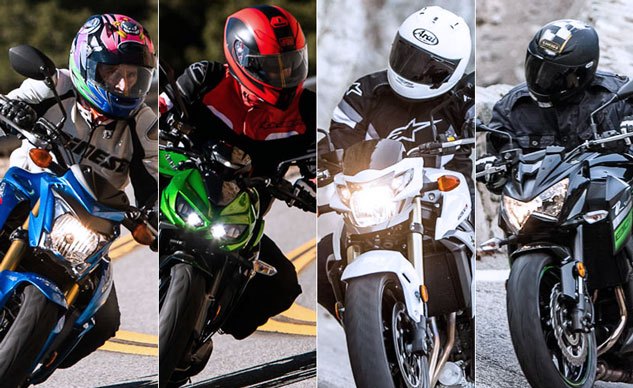
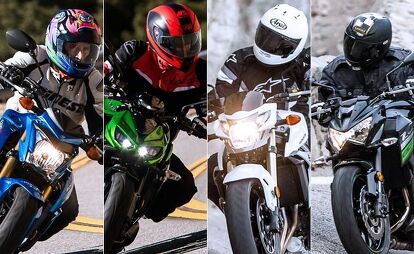













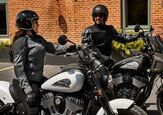
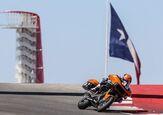

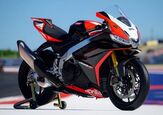

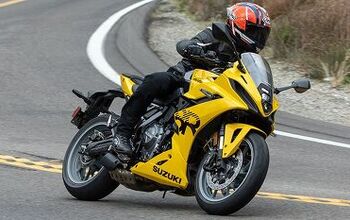
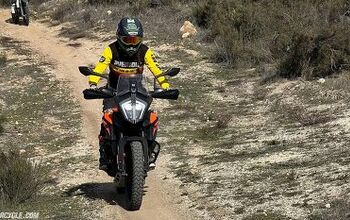
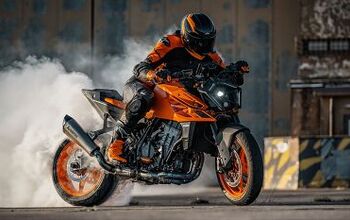

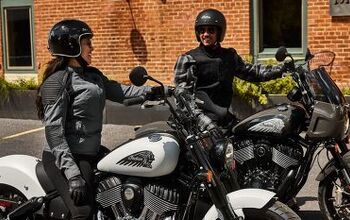
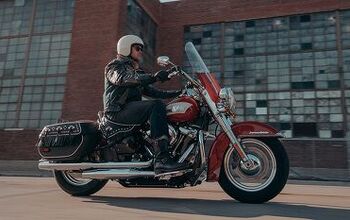
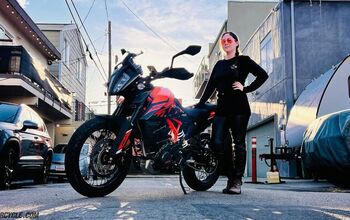
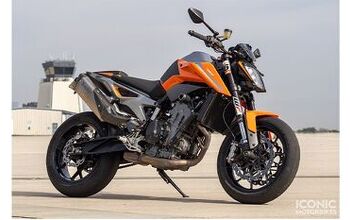
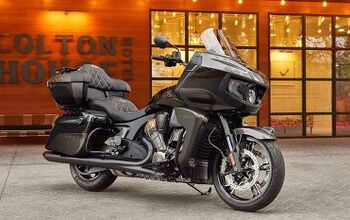
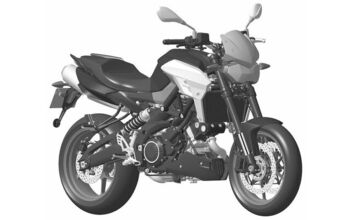
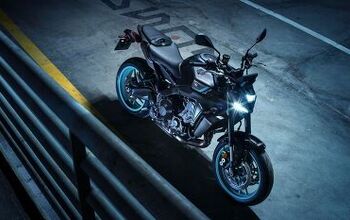

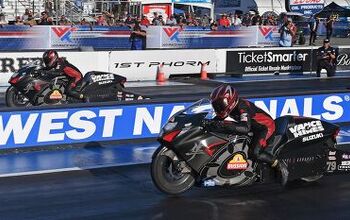

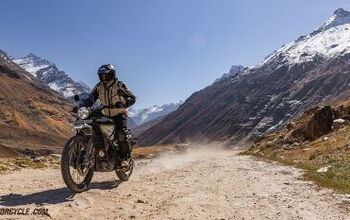
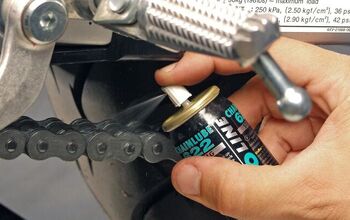
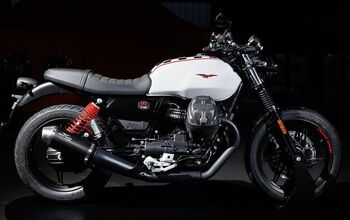
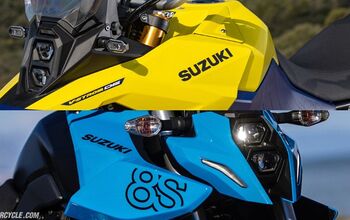
Comments
Join the conversation
Bikes are fun.
I have to disagree on the looks... I actually like the gsx750's styling the most out of the four. That said, I am definitely more a fan of the euro bikes in general